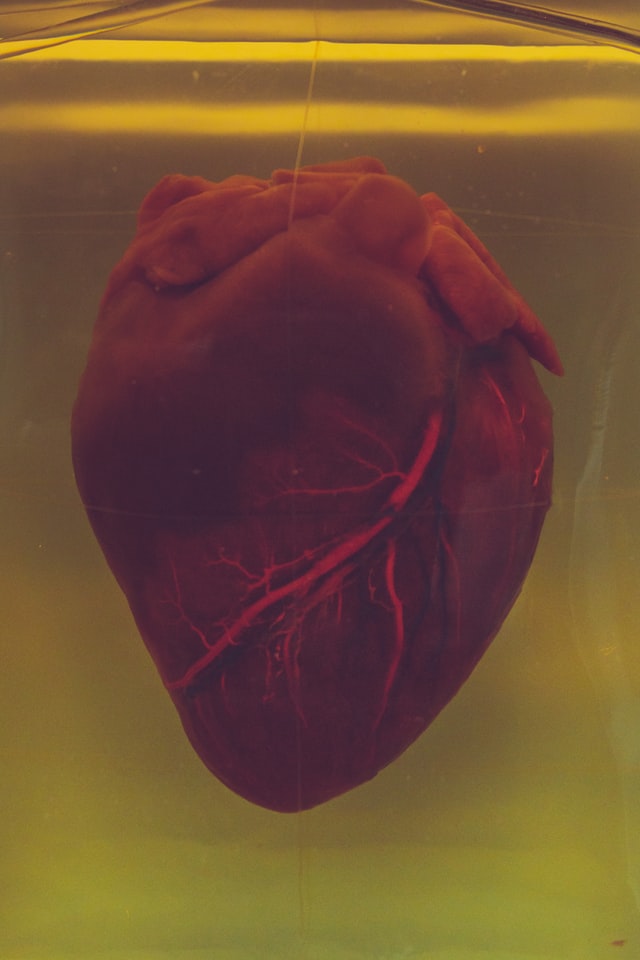
Some simple tweaks to your way of life can go a long way to assist you cut your chance of heart failure, a condition that keeps your heart from pumping right. And as an added benefit, those brand-new practices – like exercise and eating well – benefit your heart health in general.
1. Stay Active
It’s never too late to think of launching a workout routine. One study shows that middle-aged males and females who weren’t fit could still reduce their chances of heart failure if they took steps to improve their physical fitness.
Talk to your medical professional before you get started. Pursue at least 2 1/2 hours a week of moderate-intensity aerobic workout– the kind that gets your heart pumping. If you prefer, you can do 1 1/4 hours of more extreme activity.
2. Don’t Simply Sit There
Even if you do exercise, particularly if you’re a male, your danger for cardiac arrest might go up if you relax a lot. In one research study, men who sat for 5 hours or more a day outside of work, even those who exercised, were most likely to get cardiac arrest than those who restricted their couch potato time to 2 hours or less. Look for ways to keep yourself moving the next time you’re about to reach for the TELEVISION remote.
3. Don’t Use Illegal Drugs
Even the periodic use of drug, heroin, methamphetamines, and euphoria can hurt your heart. It can make your heart rate and blood pressure go up. It may also lead to hardening of your arteries. All these issues raise your risk of heart failure.
4. Deal with Heart and Other Conditions
Other heart issues, like cardiac arrest, increase your opportunities of getting heart failure. Take care of your ticker. Treat your hypertension and take any medication your doctor recommends to lower your cholesterol levels. If you have problem taking your medicines as prescribed, speak with your physician right away.
5. Don’t Smoke
If you have the tobacco habit, gave up. Ask your physician for suggestions on methods to stop. Smoking cigarettes damages your arteries, which can begin you down the road to heart failure. While you’re at it, keep away from smoky rooms, because secondhand smoke is harmful as well.
6. Consume
Good nutrition is necessary if you want to avoid cardiac arrest. Limitation saturated fats, Trans fats, extra sugar, and salt in your diet plan. Instead, choose fruits and veggies, low-fat dairy items, and lean protein. Pick “excellent fats” in olive oil, walnuts, avocados, and fish like salmon or tuna.
7. Limitation Alcohol
While a little alcohol can be good for your heart, a lot is not. If you’re a male, adhere to no more than 2 drinks a day (a 5-ounce glass of red wine equals 1 drink). Women need to just have 1 consume a day.
Consuming too much likewise includes calories. And if you currently have cardiac arrest, alcohol can make it worse.
8. Reduce weight if you need to
Another important way to prevent heart failure is to stay with a healthy weight. Aim for a body mass index (BMI) between 18.5 and 24.9. And pay specific attention to stomach fat, which can increase your threat of cardiovascular disease even more than fat on other parts of your body. Even a small weight-loss can amount to huge gains in your health.
9. Handle Stress
It can raise your blood pressure. Attempt to keep yourself on an even keel with meditation, counseling, or yoga.
10. Get a Good Night’s Sleep
A long-lasting sleep problem can raise your possibility of heart failure. One study discovered that males ages 40 to 70 with sleep apnea, which is when your breathing consistently stops and starts while you’re asleep, were 58% more likely to get cardiac arrest.
Some methods to get better sleep:
- Limit caffeine and alcohol, especially prior to bed.
- Don’t smoke.
- Don’t utilize your smartphone while you remain in bed.
- Get up and go to bed at the same time every day, even weekends.
- Ask your doctor about a CPAP gadget to treat sleep apnea.
Facebook Comments
